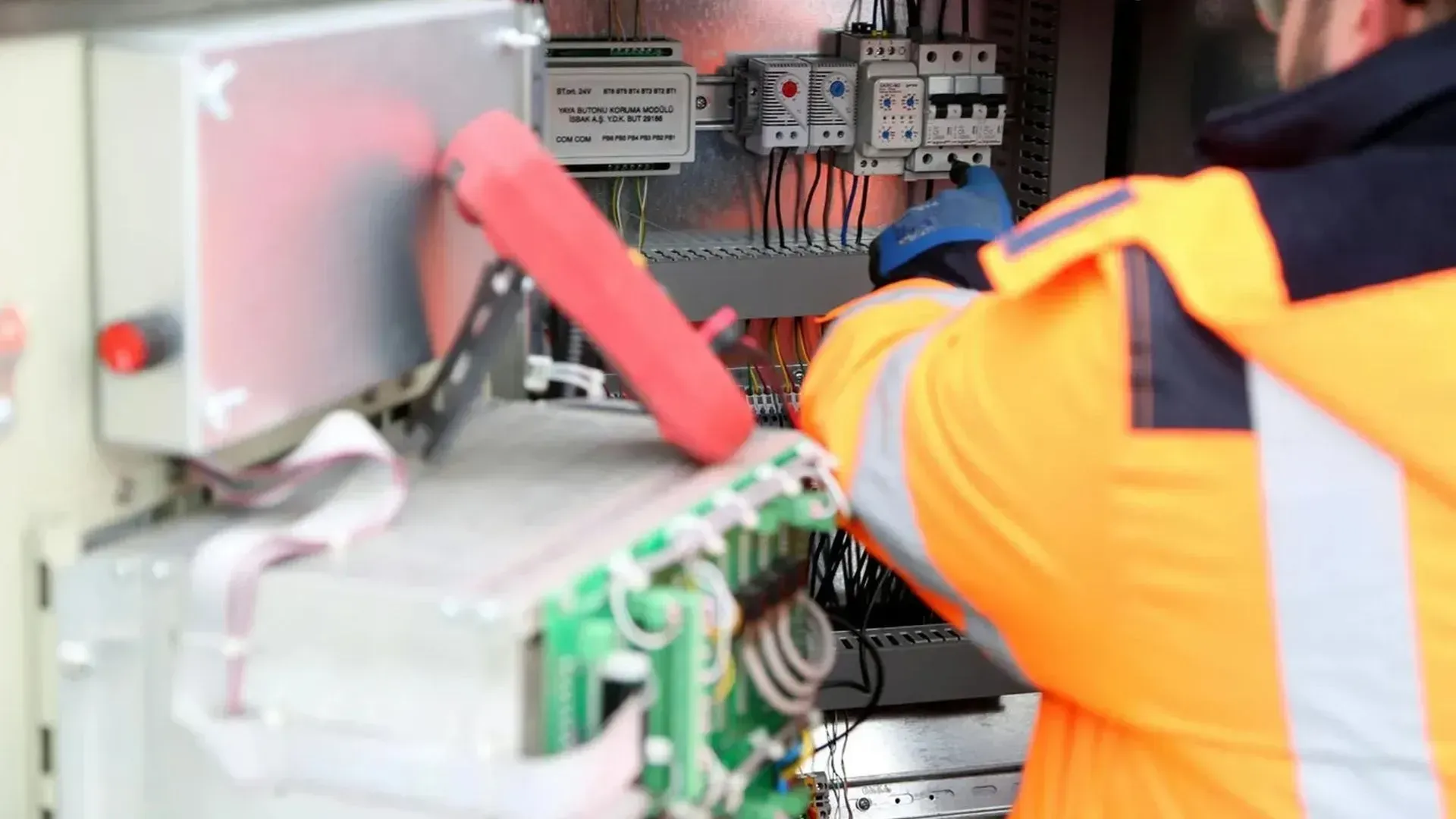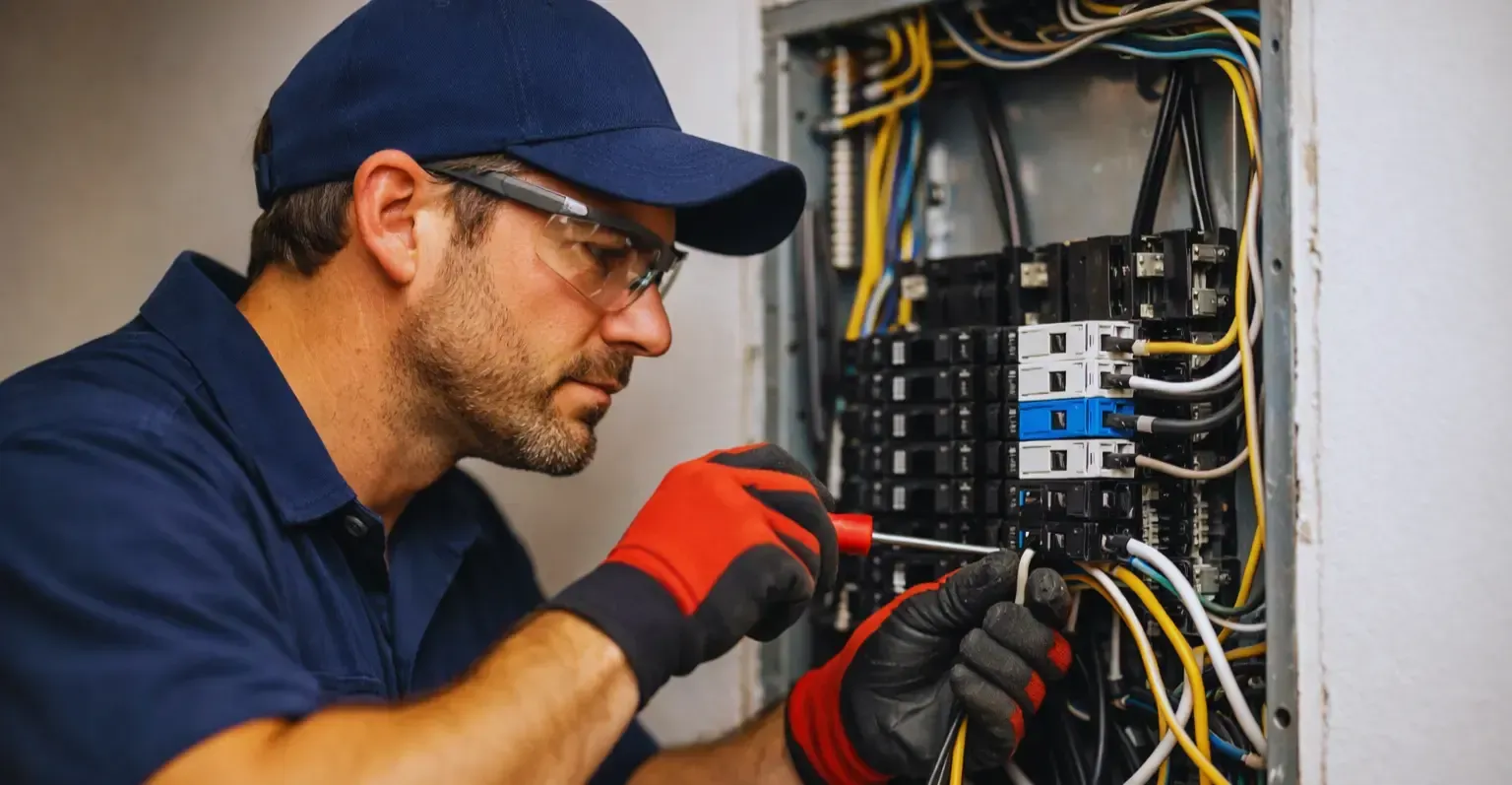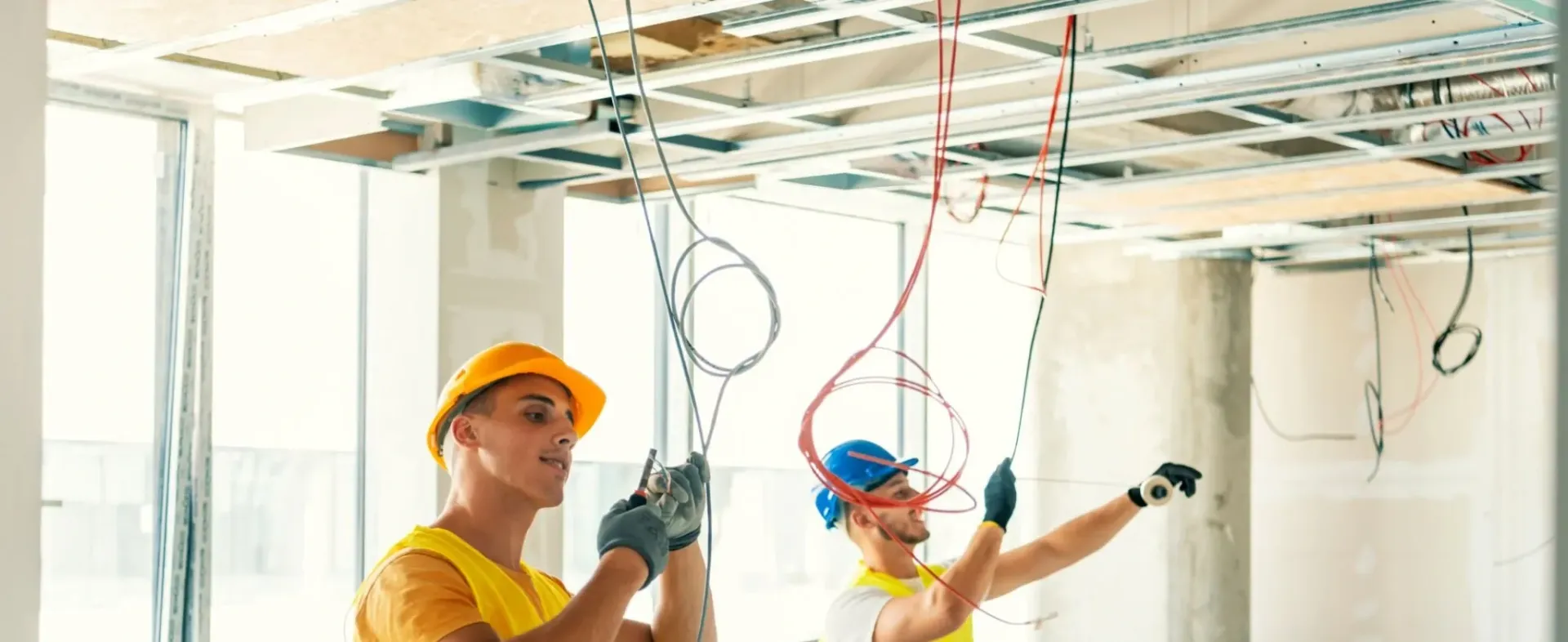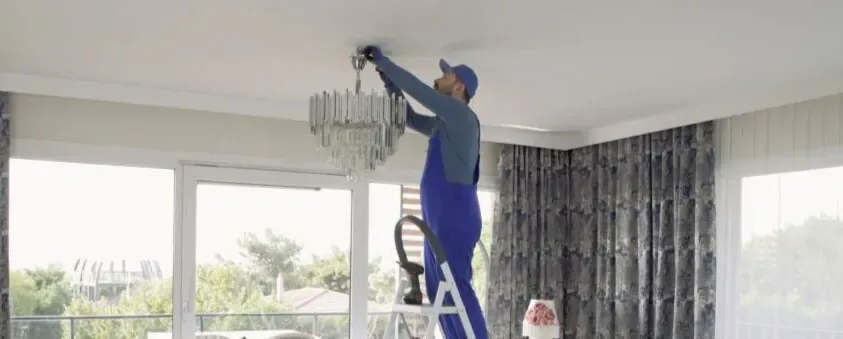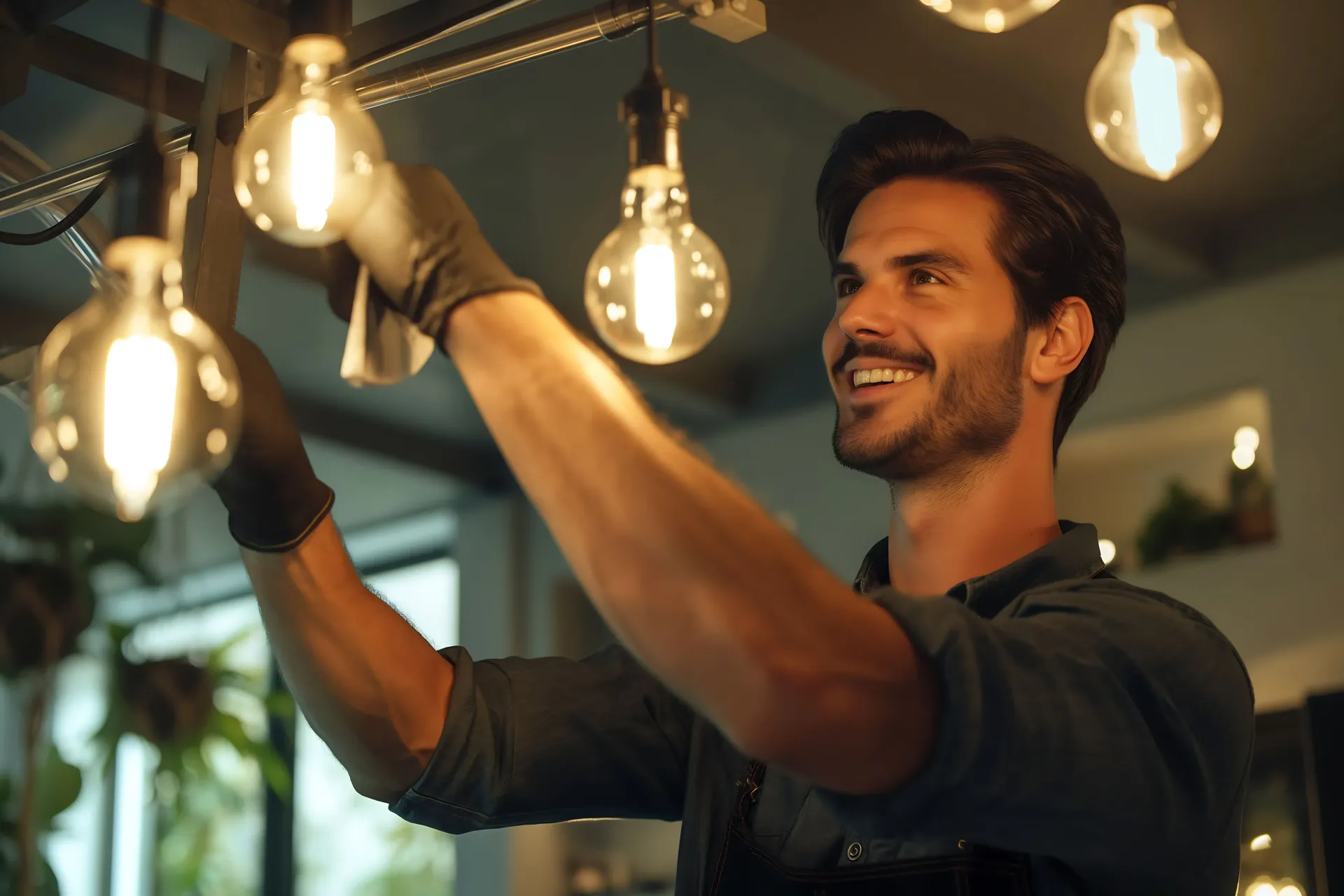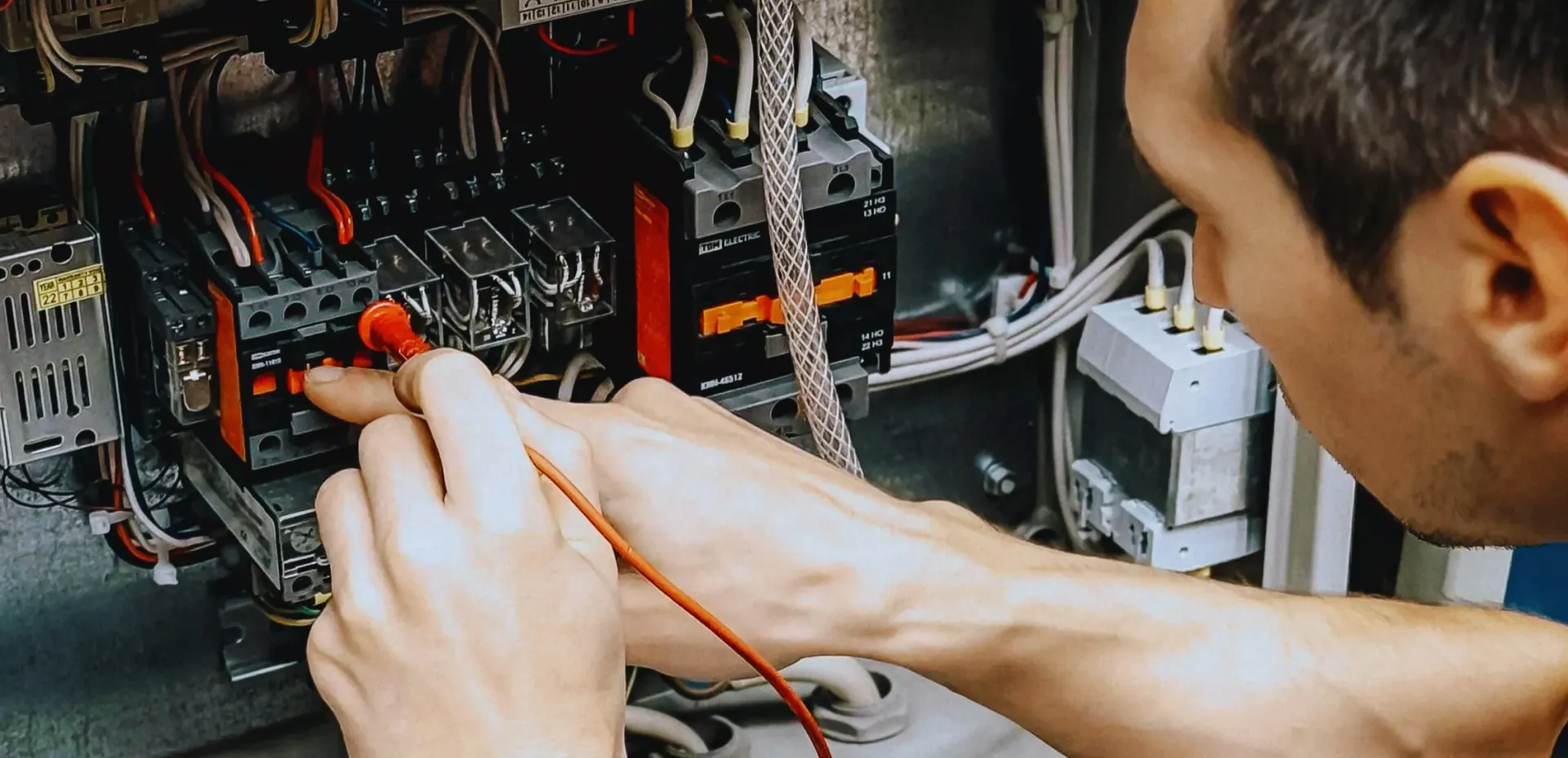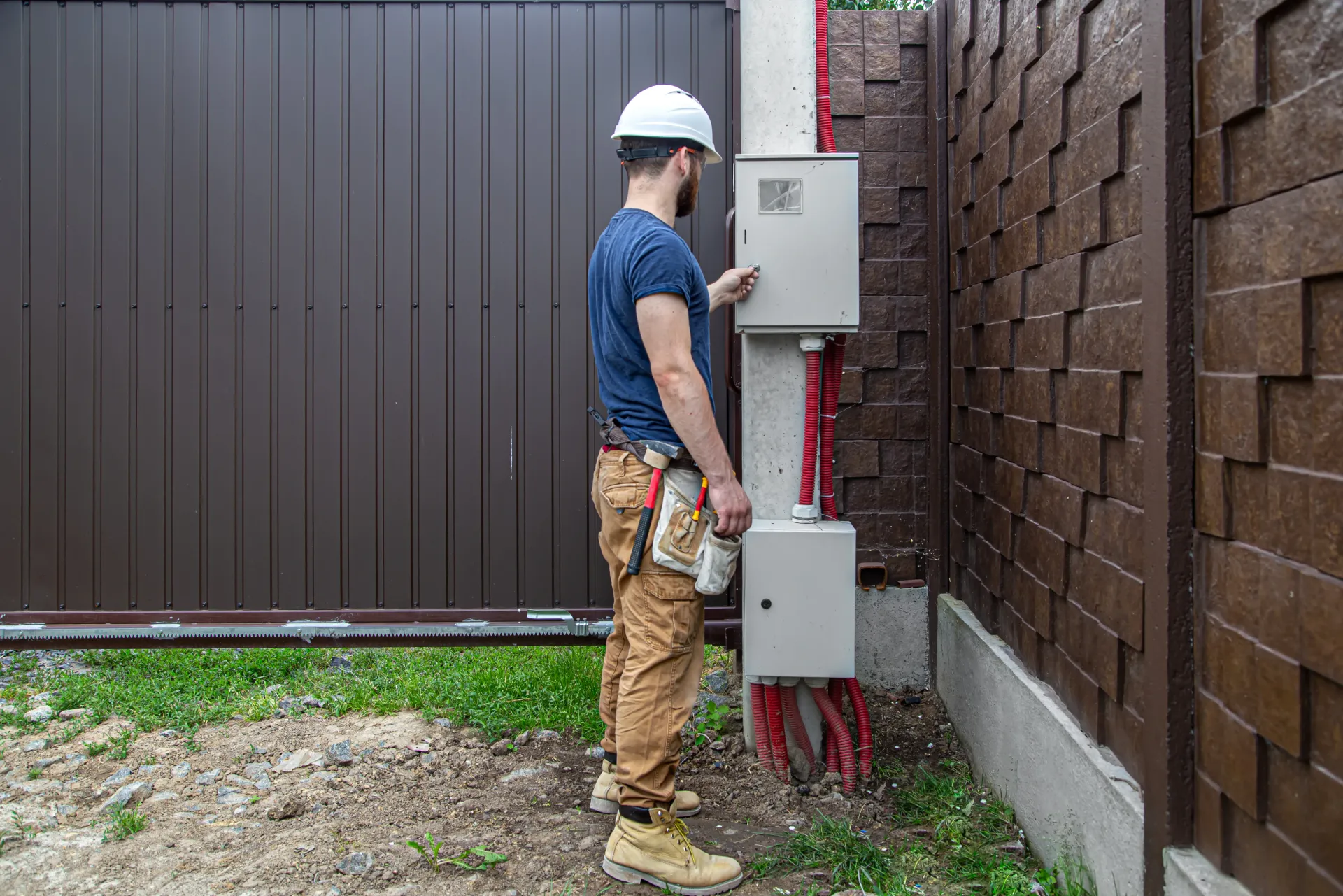Shocking Mistakes That Will Ruin Your Appliances Fast!
Avoid the shock! Learn how common electrical mistakes can ruin your appliances and how to prevent costly damage with expert advice and simple fixes.
Avoid the Shock: Common Electrical Mistakes That Ruin Your Appliances
Your appliances are like the unsung heroes of your home. They work silently—until they don’t. And often, it's not because of age or wear, but because of avoidable electrical mistakes. These small slip-ups can turn into big repair bills—or worse, permanent appliance damage.
In this guide, we’ll dive deep into the most common electrical blunders homeowners make, why they matter, and how to sidestep them. Trust us, your fridge, microwave, and washing machine will thank you later.
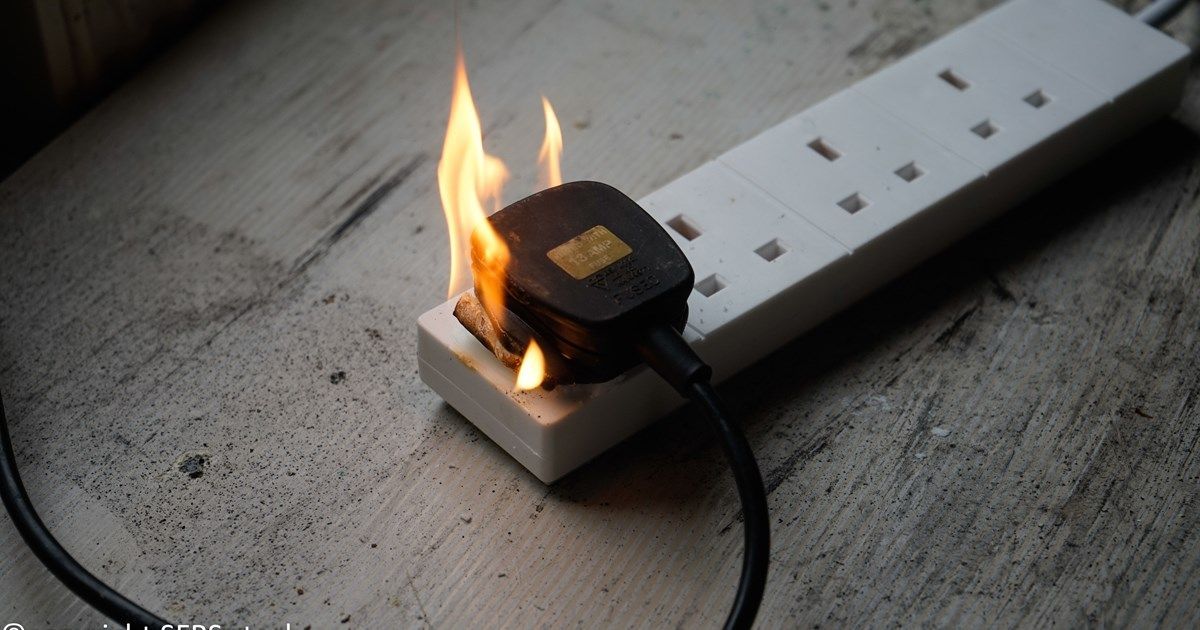
Understanding Electrical Basics in Your Home
Before we jump into mistakes, it’s important to grasp how electricity flows through your home. Your electrical system has a main panel that distributes power to various circuits. Each circuit powers specific areas or appliances. When the flow is interrupted, misdirected, or overloaded, damage can happen instantly.
Electricity isn't forgiving—it doesn’t wait for you to learn from mistakes. That’s why being informed is your first defense.
Why Your Appliances Are at Risk
Appliances are built to handle certain voltage levels. When something goes wrong—like a power surge or faulty wiring—it disrupts this balance. Here’s what can go wrong:
- Overheating internal components
- Blowing internal fuses
- Damaging circuit boards
- Causing complete failure
Even a single surge can reduce an appliance’s lifespan significantly. Now let’s look at what’s causing these issues.
Poor Wiring: The Silent Appliance Killer
Old or improperly installed wiring is one of the biggest culprits behind appliance failure. When wires are too thin, loose, or exposed, they can:
- Overheat
- Cause short circuits
- Send inconsistent voltage to appliances
If your home is older or has been through DIY upgrades, poor wiring could be hiding in the walls. Regular inspections by professionals, like those at AT Electric's Electrical Service, can catch these issues early.
Overloaded Circuits and Their Hidden Dangers
It’s easy to assume, “If it fits in the outlet, it’s fine.” Not true. Plugging too many devices into one outlet or circuit can cause:
- Circuit breakers to trip constantly
- Wires to overheat behind walls
- Long-term appliance strain
lways spread out high-power devices across different circuits. If your breakers keep tripping, that’s a red flag.
The Cost of Ignoring Ground Fault Protection
GFCI (Ground Fault Circuit Interrupter) outlets are designed to prevent shocks, especially around water. But many homes either don’t have them or ignore their importance.
When appliances are used in bathrooms or kitchens without GFCI outlets, you risk:
- Electric shocks
- Damage from short circuits
- Appliance failure due to moisture contact
Updating your home’s outlets is one of the most affordable ways to protect your electronics.
Using the Wrong Extension Cords
Extension cords are handy—but also risky when misused. A cheap, thin cord might not handle the wattage of a microwave or space heater.
Here’s what happens when you use the wrong one:
- Overheating cords
- Voltage drops
- Appliance wear from power inconsistency
Use cords rated for the appliance you’re plugging in, and never daisy-chain multiple cords.
Skipping Surge Protection: A Risky Move
Power surges happen more often than you think—during storms, when the grid resets, or even when your AC unit kicks on. These can destroy appliances instantly.
The solution? Whole-home surge protection or high-quality power strips with surge protection features.
It’s a simple investment that can save you hundreds, if not thousands, in appliance replacements.
Outdated Electrical Panels and Their Impact on Devices
Your home’s electrical panel should be replaced every 25–30 years. If yours is older, it might not support modern appliance demands.
Signs of outdated panels:
- Flickering lights
- Warm breakers
- Constant tripping
An outdated panel can send inconsistent electricity, damaging sensitive devices. Consider scheduling a professional evaluation at AT Electric LLC.
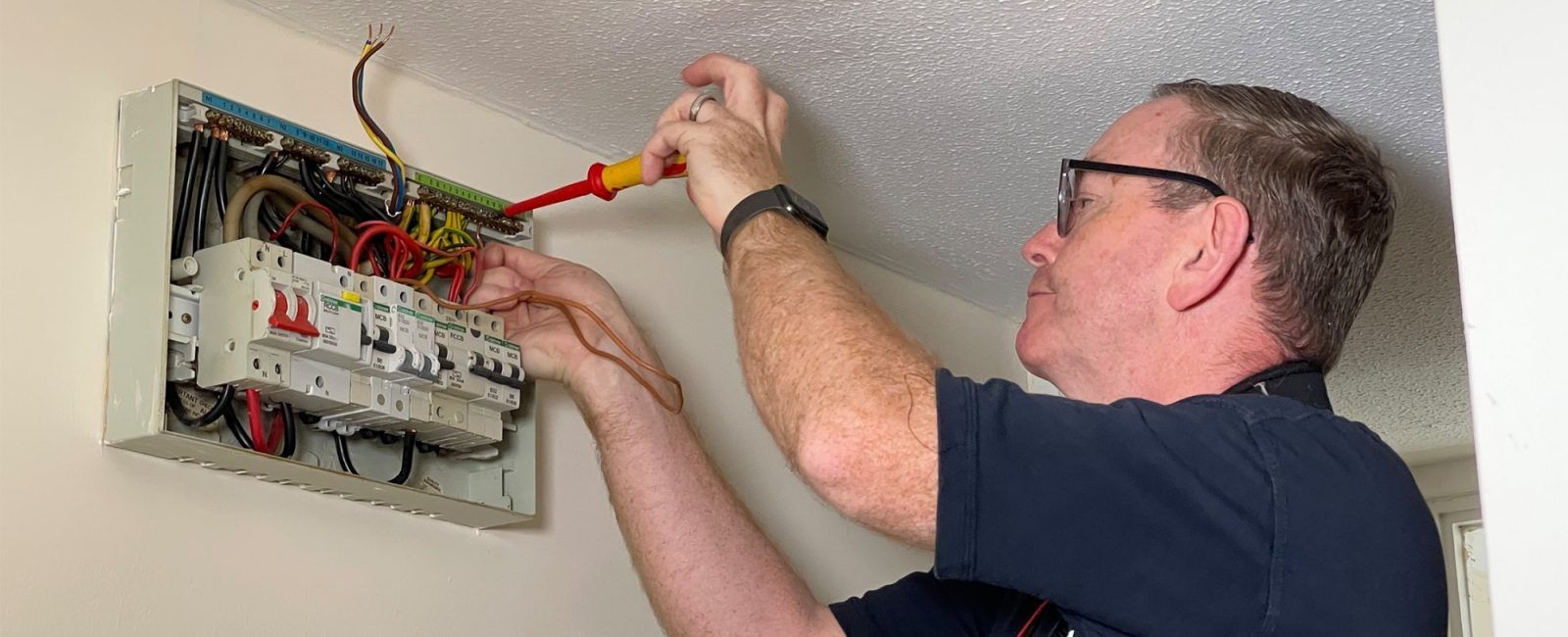
The Mistake of DIY Electrical Repairs
It’s tempting to fix a bad outlet or install a new switch by watching a video. But without the right training, DIY repairs often lead to:
- Loose connections
- Crossed wires
- Unsafe circuit installations
What looks like a quick fix can quietly damage your appliances over time. It’s always smarter to consult a licensed expert—Contact AT Electric here.
Plugging Heavy Appliances into Shared Outlets
Heavy appliances—like washers, dryers, or air conditioners—should have dedicated circuits. Plugging them into shared outlets may cause:
- Electrical stress on smaller devices
- Frequent fuse burns
- Appliance motors to burn out
Check your circuit map or have a pro assess your setup.
Neglecting Regular Electrical Inspections
Most homeowners don’t think about inspections until something goes wrong. That’s a costly mindset.
Regular inspections help:
- Identify hidden hazards
- Prevent gradual appliance damage
- Update older systems
Aim for at least one full electrical inspection every 2–3 years, especially if you use high-end appliances.
Water and Electricity: A Hazardous Mix
Appliances placed too close to water sources—like fridges near sinks or washers in damp basements—can suffer damage from moisture exposure. This leads to:
- Corrosion
- Short circuits
- Fire hazards
Use waterproof covers, sealants, and moisture sensors where necessary.
Misusing Smart Plugs and Modern Tech
Smart plugs are great—until they’re misused. Using them on high-wattage devices or stacking them can:
- Overload outlets
- Interfere with normal voltage delivery
- Cause devices to misbehave
Stick to smart plugs for low-wattage electronics like lamps or fans, not ovens or fridges.
Seasonal Mistakes: What You’re Doing Wrong During Holidays
The holidays bring joy—and lots of lights. But overdecorating with poor-quality lights or connecting too many strands to one outlet can:
- Blow fuses
- Melt wires
- Damage expensive appliances nearby
Use energy-efficient LED lights and surge-protected power strips during festive seasons.
Signs You’re Making Electrical Mistakes at Home
Wondering if your appliances are suffering already? Look out for:
- Burn marks on plugs or outlets
- Humming sounds from devices
- Circuit breakers that trip often
- Appliances turning on/off randomly
If you notice any of these, it’s time to act fast.
How to Prevent Electrical Damage to Appliances
Here’s your game plan:
- Use surge protectors for all major appliances
- Avoid plugging multiple high-power devices into one outlet
- Schedule regular home electrical inspections
- Replace aging wires and outdated panels
- Consult certified electricians, not DIY videos
And most importantly, don’t wait for something to break before taking action.
Professional Electrical Services Can Save You Thousands
Hiring experts may seem expensive up front, but it saves you big in the long run. Professionals ensure:
- Safe installations
- Up-to-code wiring
- Long-term appliance health
Visit AT Electric’s Electrical Service to get expert help for your home.
Avoid the Shock: Common Electrical Mistakes That Ruin Your Appliances (Revisited)
To sum it up—electrical mistakes might be silent, but their consequences aren’t. From fried circuit boards to shortened lifespans, your appliances pay the price. With the right precautions and expert help, you can protect your home, your wallet, and your peace of mind.
FAQs About Electrical Mistakes and Appliance Damage
Can a power surge ruin my refrigerator?
Yes, a single surge can damage the compressor or control board of your fridge.
How often should I have my home’s electrical system inspected?
Every 2–3 years is recommended, or immediately if you notice issues.
Is it safe to use power strips for appliances?
Only if they include surge protection and are rated for the appliance’s wattage.
What’s the best way to protect my electronics during storms?
Use a whole-home surge protector or unplug sensitive devices during bad weather.
Are old electrical panels dangerous?
Yes. They can’t handle modern loads and may cause short circuits or fires.
Can I plug a space heater into an extension cord?
It’s not safe unless the extension cord is heavy-duty and rated for high wattage.
Conclusion: Protect Your Home, Save Your Appliances
Electrical safety is not just about avoiding shocks—it’s about preserving your appliances, preventing fires, and saving money. Avoid these common electrical mistakes, act proactively, and always trust the professionals when in doubt. Your home will be safer, and your appliances will last much longer.
Links

